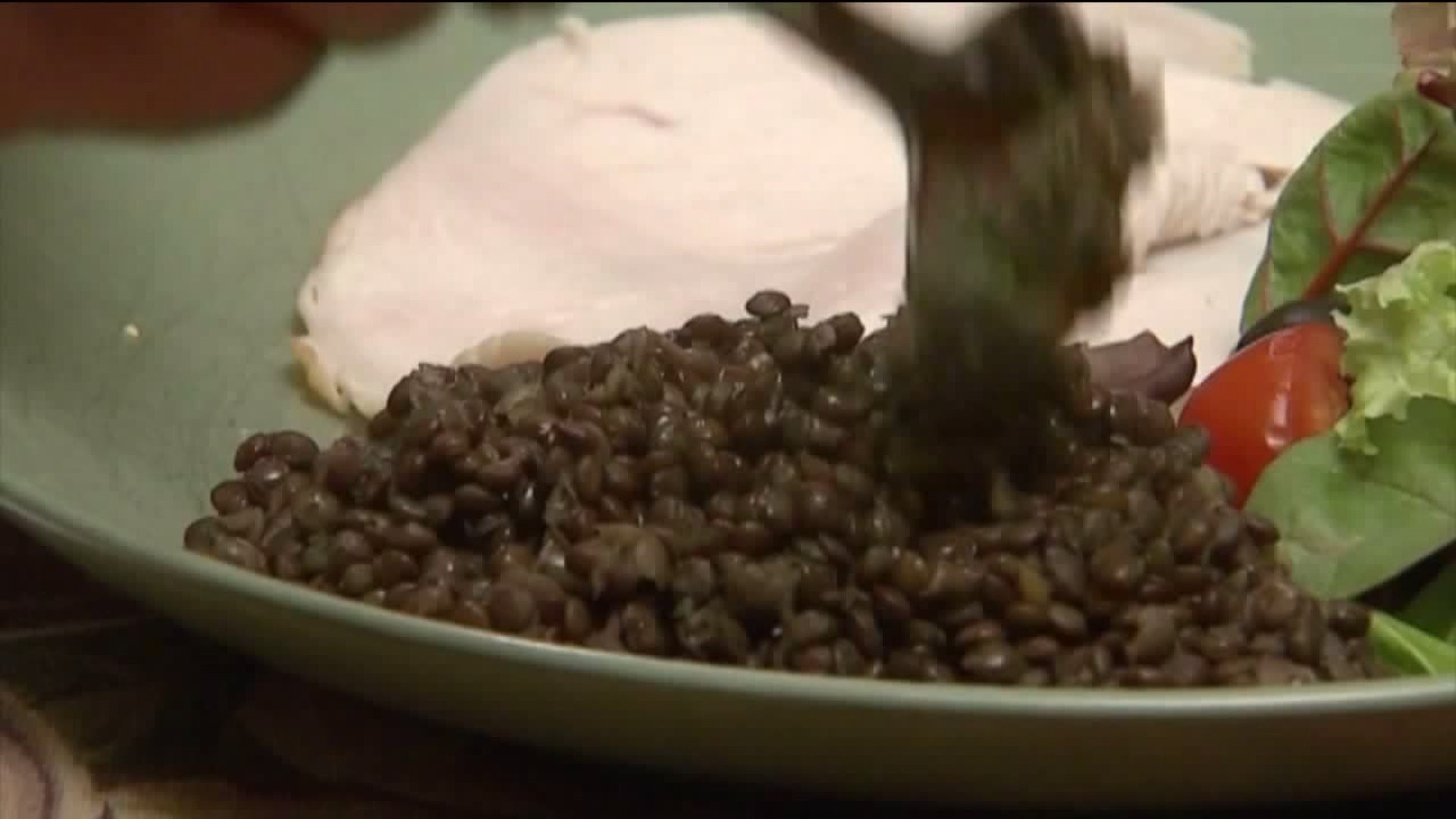GEISINGER MEDICAL CENTER -- There are a lot of very popular fad diets out there right now and a doctor at Geisinger says fad doesn't necessarily mean bad or ineffective. But as with a lot of things, there's a but.
It can be so difficult digging through the details of different diets, so many we won't even mention them all by name.
Meat is good! No, meat is bad!
Cut out the carbs! No, carbs are fine!
Dairy is healthy! Dairy is unhealthy!
You may hear different advice depending on which fad diet you choose. So first, let's talk about that term fad diet.
"I don't think there are any fad diets that are harmful. The problem is sustainability," said Dr. Christopher Still, the director of the Center for Nutrition and Weight Management at Geisinger Medical Center near Danville.
He says, for the most part, fad diets aren't bad and they're popular for a reason: they can work.
The key is they should be short-lived, not to be relied on for the long haul.
"I try not to focus on just a short-term, but more a long-term lifestyle, changes we can do long-term, not just short snippets," said Dr. Still.
In other words, Dr. Still says healthy weight loss is a marathon, not a sprint. Smaller changes that you can stick to for longer tend to have a better result overall.
He says the number one thing his patients do is underestimate.
"Just a modest weight loss of 5, 10 percent has a significant impact on our bodies."
So, if you weigh 200 pounds, that's a loss of 10 to 20 pounds which will reduce blood sugar, reduce fatty liver, improve sleep apnea, and put less pressure on your joints. And Dr. Still says globally, if people who are considered obese lose that 5 to 10 percent of their weight, it would have a tremendous impact on reducing health care costs.
But back to diets, Dr. Still's best weight loss suggestion is to simply reduce calorie intake by 500 calories per day.
"Just a 500-calorie deficit a day, in a 7-day period, is 3,500 calories. That'll burn off one pound per week," Dr. Still advised. "You don't have to make drastic changes to make a significant impact."
Dr. Still says the best way to do that is to avoid regular sodas, fruit juices, and any other caloric beverages, a good place to start looking for those 500 calories, whether you want to lose a lot of weight or just a few pounds.

